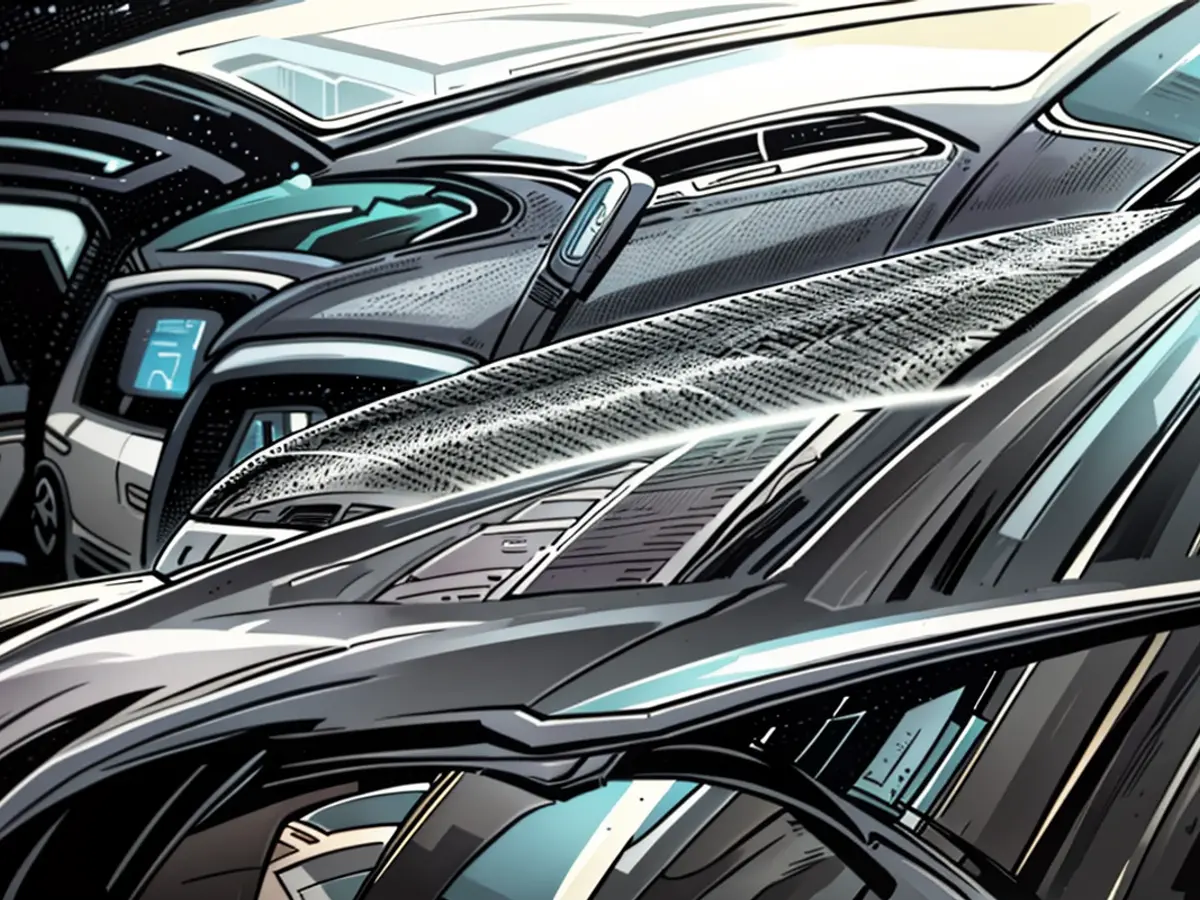- The administrative authority intends to introduce fresh fiscal incentives for battery-powered vehicles.
To give a much-needed boost to the lagging sales of electric vehicles (EVs) in Germany, the government is planning to enhance tax incentives. In particular, they aim to boost tax incentives for EVs used as company cars. The government's cabinet has endorsed these proposed measures.
As per a draft bill acquired by the German Press Agency, the federal government aims to significantly boost electromobility in Germany. "For successful implementation of this goal, significant tax measures are required."
Demand for EVs took a nose dive after the state subsidy was withdrawn. The government unexpectedly discontinued the so-called environmental bonus in December due to financial constraints.
Growth initiative measure
During the budget negotiations in July, the "traffic light" coalition agreed on a "growth initiative." One of the measures was the tax encouragement of EVs as company cars.
This involves introducing a special depreciation for newly registered fully electric and comparable zero-emission vehicles for companies, effective from July 1, 2024. Additionally, the ceiling for the gross list price of 70,000 euros in the company car tax for electric vehicles will be increased to 95,000 euros.
Government aims to bolster E-mobility
Economy Minister Robert Habeck (Greens) had already mentioned a push to revive demand for e-mobility. He anticipates a "demand surge."
The draft bill suggests that the proposed new measures will set "clear tax incentives" particularly for the market expansion of electromobility in the corporate sector. The regulation will only apply to newly purchased purely electrically operated vehicles and will be introduced temporarily for acquisitions between July 2024 and December 2028. "The temporary limitation provides incentives for prompt investment decisions."
State expenses
The draft bill estimates the tax revenue losses to be insignificant in 2024. In 2025, the tax revenue losses are projected at 480 million euros, and they are expected to rise to 540 million euros by 2028.
Criticism of plans
BSW CEO Sahra Wagenknecht said, "We dismiss Habeck's tax gifts, which are particularly lucrative for the most expensive EVs. We don't need new handouts for EVs, but technological openness." She again protested against the proposed ban on new cars with internal combustion engines in the European Union from 2035.
The traffic expert at the environmental association BUND, Jens Hilgenberg, suggested that increasing depreciation for battery-electric company cars in the initial years could indeed be helpful to put EVs on the market as second-hand cars. "However, clear guidelines are needed regarding price, size, energy, and resource consumption."
The president of the Association of the Automotive Industry, Hildegard Müller, praised the government's plans as an important and correct signal. This will also bolster the used car market for fully electric passenger cars, as company cars are typically available at an affordable price after the end of the lease period, which is usually three years.
The "traffic light" coalition, during budget negotiations in July, agreed on a "growth initiative" that included tax encouragement for EVs as company cars, as part of their efforts to boost electromobility. In line with these plans, the government aims to provide clear tax incentives, specifically through introducing a special depreciation and increasing the ceiling for the company car tax for electric vehicles.








